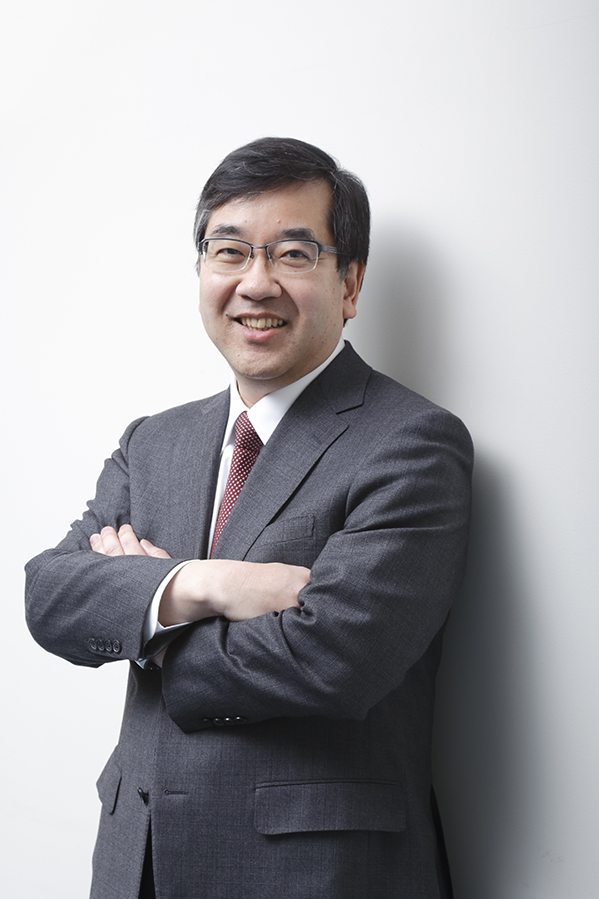Conceptualizing Next Generation Social Systems Based on Knowledge Collaboration
—Expectations for the Policy Alternatives Research Institute
January, 2016

The 20th century witnessed dramatic development across all disciplines of the natural sciences, becoming a period of wide-ranging technological advancement. These scientific and technological innovations tremendously expanded the scope of human activities, transformed society, and granted humans unprecedented powers.
Even so, the limitations of the basic systems supporting modern society, such as capitalism and democracy, have become obvious. I feel that the world situation is becoming increasingly unstable because of the manifestation of global-scale problems, including the degradation of the global environment, depletion of natural resources and regional disparities. For humanity today, which has acquired greater capabilities than all preceding generations, the path to creating a stable and peaceful society is still unclear. With these circumstances in mind, I believe that we need to create a new system that encourages people from diverse backgrounds to respect one another and cooperate so that they can give a substantial boost to the global economy. Nothing but human wisdom can put this new system into action. In other words, what I have just described is a society in which wisdom drives the economy. I believe that humanity is now at a crossroads, forced to choose whether or not a shift towards this kind of wisdom-driven society is possible. As a developed country in Asia, I believe that Japan has a historical obligation to lead humanity's shift towards a wisdom-driven society, and that the University of Tokyo should make significant contributions.
It is my desire that the Policy Alternatives Research Institute shall play a role in conceptualizing the next generation mechanisms to supplant the limited mechanisms of contemporary society mentioned above, and in disseminating this to the world. In order to achieve this, it is essential to conduct knowledge collaboration, drawing together a diversity of knowledge with a global perspective. By further combining the academic knowledge held by the various organizations and disciplines across all faculties of the University of Tokyo, and by forging deeper cooperative relationships with foreign research institutions and the front lines where issues are resolved, it is my hope that this institute develops into a domestic and international network “hub” where people with a diversity of knowledge can coalesce.
Makoto GONOKAMI
President,
The University of Tokyo
January, 2016


